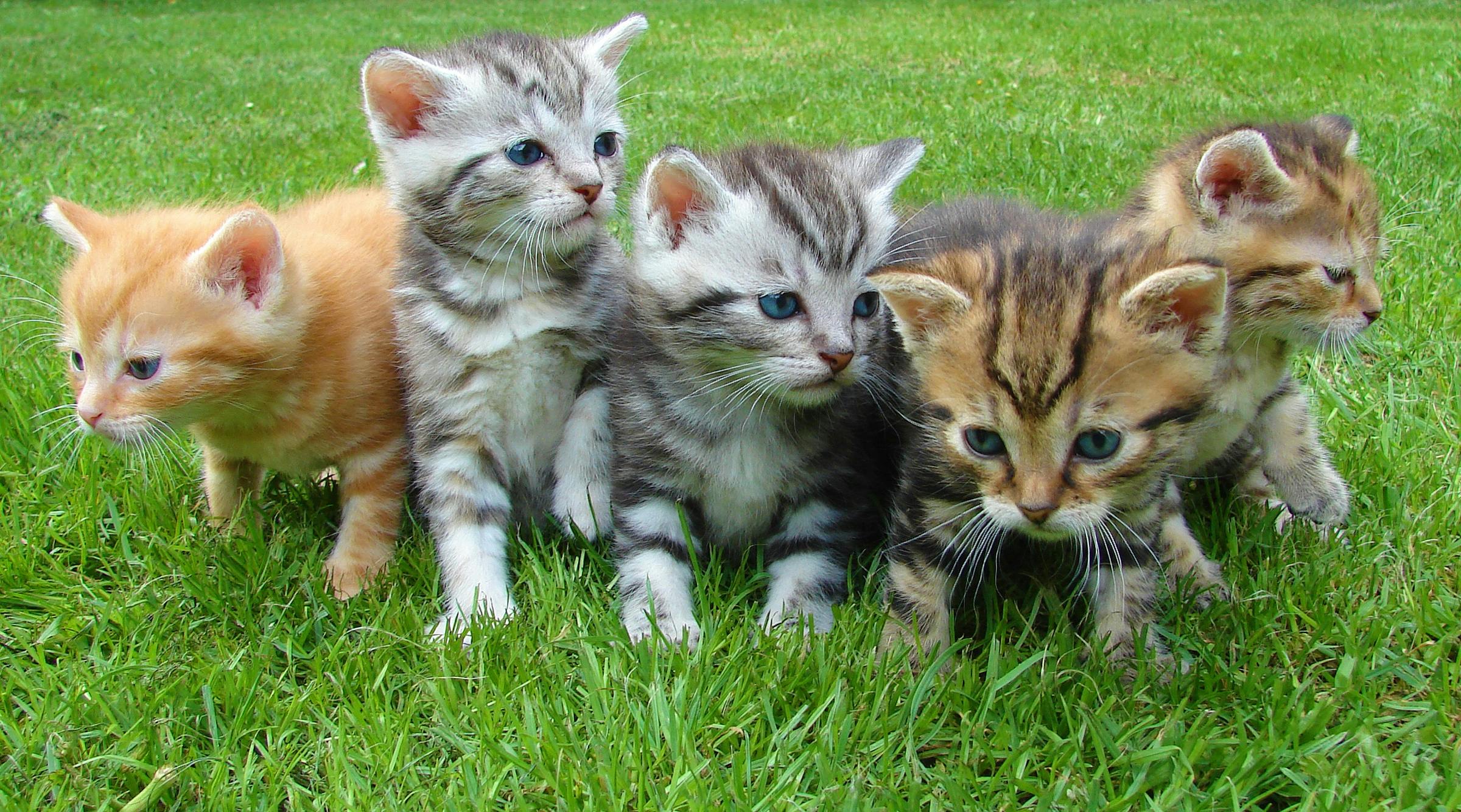A cat litter tray or litter box is usually a container used by domestic cats for urinating and defecating.
It is usually a designated and hygienic container used by domestic cats for waste elimination when outdoor access is limited or impractical.
A litter box is different from a cat box.
The cat box is used for the transportation of cats to the veterinarian or when going on trips, visitations, or any outdoor movements.
Some cat owners do use the cat box as a storage compartment for cat belongings such as toys, food, grooming materials, equipment, etc.
While a litter box is strictly used for body waste removal (Urinating and or defecating).
A litter box is usually rectangular and comes in different forms. They are located in strategic places indoors for easy accessibility and mobility for the cat.
Litter boxes are of different sizes to fit the different individual sizes of cats.
However, they are easy to clean based on the type of materials such as clay-based, silica gel, and biodegradable plant materials.
When Do Cats Stop Using The Litter Trays:
Cats naturally do not stop using a litter tray unless there is an underlying issue which is usually either health or behavioral issues..
They won’t stop using litter because they are pregnant, or getting older.
If you notice your cat has stopped using the litter, you will have to be observant of what the issue might be and whatever the issue, it can easily be remedied.
Below are some reasons why a cat might stop using a litter.
1. Health Issues:
Unspayed cats just like unneutered dogs are susceptible to urinary tract infections, bladder stones, cancer, mammary gland tumors, and other medical conditions.
This can cause great pain and discomfort when they are urinating causing irregularity.
If the issue bothers on health, you should quickly inform a veterinarian and if your cat was not spayed, you should consider spaying them if they are 6 months old.
However, to spay a cat in the USA, you can visit SPAY USA to see available clinics and veterinarians in your local area and compare the prices and services.
2. Personal Preference:
Cat litter should be kept at convenient places where they are easily accessible for use.
They should not be kept in crowded places in the house and should be far away from noisy areas.
If the placement of their litter is undesirable, they will use it less or in some cases stay completely away from it.
Some cat usually outgrow their litter box after some years of using it. if this is the case, any new purchase should be well considered.
In some cats, the smell of chemicals in new litter or their sizes or shapes will cause them not to use it. Their preference should be considered before purchasing a new litter.
3. Hygiene:
If they are kept close to their food or usually left dirty after use, smelling, etc, they will be undesirable for use by cats.
Cats are very keen on their cleanliness causing them to exhibit certain natural habits such as self-grooming.
They are highly sensitive to smell due to their strong sense of smell. This way their litter always has to be clean always else they won’t use it.
Cats in the wild are known for covering their feces and urine not only because they want to conceal their smell and presence from predators but also cause of their keen attention to hygiene.
3. Mobility:
If a cat is injured or down with arthritis which is usually associated with older cats, and their litter is not within reach, it will be difficult to continuously carry out their normal routine of using the litter.
A cat litter should be within reach especially for injured or aging cats.
4. Competition For Litter Box:
Cats are not good social animals like other pets such as dogs that are in packs.
They will usually be involved in confrontations with one another for scarce resources.
If the litter box or boxes are not enough and there is more than one cat in the household, the weaker cat will conspicuously avoid the use of the litter box to avoid confrontations.
Also, cats love to have multiple litter boxes for urinating and defecating. If there is only one litter box, a cat might use it for one purpose only.
How To Get A Cat To Use a Litter Again:
Immediately after identifying why your cat is not using a particular litter, the issue should be well attended to.
If it’s from an underlying health complication, the services of a veterinarian should be sought on time so it doesn’t lead to a life-threatening issue such as pyometra or prostatitis.
If it is a hygiene problem, the litter should be cleaned and disinfected and the use of enzymatic cleaner that contains bacteria that can eliminate smell should also be used.
This will make the cat feel safe to use the litter again if there is no visible dirt or smell.
Every container or area where a cat has been using outside the litter should either be removed or blocked to prevent further usage.
How Safe Are Cat Litters When Used Over The Years:
Cat litter comes with a manufacturer’s guidance that has to be strictly adhered to.
When used following every instruction and rule, they can be safe despite continuous use for a long time.
However, pet owners should understand the different types of litter, their safety measures, best-use practices, etc.
Types Of Cat Litters:
There are different types of cat litter based on the materials used. each litter has its size to fit individual cats.
They all have their unique features and characteristics as well as considerations before use.
When purchasing a litter for a cat, you need to consider their personal preference as well as their health status to determine which material will be best suited for the individual cat.
The different types of cat litter are;
Clay-based Litters:
They are safe for cats most especially adult cats.
However, considerations should be given before use for kittens because they are likely to chew the claw material which is dangerous for their health.
Silica Gel Litters:
They are mostly used by cats that are easily irritated by any little smell.
Plant-based Litters:
They are generally safe, and highly recommended litters largely because they are biodegradable.
However, considerations should be made especially for kittens that might suffer from allergies to certain plant materials.

